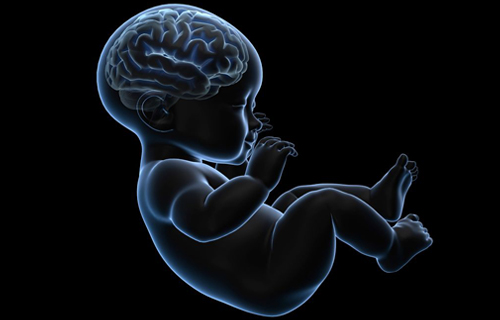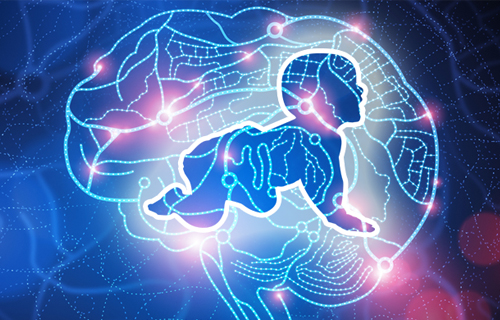
Maternal obesity has become a growing concern in recent years due to its adverse effects on maternal and fetal health. While obesity is often associated with gestational diabetes, hypertension, and other complications during pregnancy, its impact on the offspring’s brain development and mental health is an equally important issue. In this Neuroscience Network article, we will review the latest research on maternal obesity as a risk factor for children’s brain development and mental health.
The Impact of Maternal Obesity on Brain Development
Studies have demonstrated that maternal obesity during pregnancy is associated with changes in the structure and function of the fetal brain, which can have long-term consequences on the child’s cognitive development and mental health.
One study published in the journal Brain Imaging and Behavior found that children born to obese mothers had reduced white matter integrity in several brain regions, including the corpus callosum, which is responsible for communication between the brain’s two hemispheres. This reduction in white matter integrity was associated with poorer cognitive performance in the children at age two.
Another study published in JAMA Pediatrics found that maternal obesity during pregnancy was associated with decreased cortical thickness in the offspring’s brains. This decrease in cortical thickness was most prominent in the frontal and temporal regions of the brain, which are essential for cognitive function and emotional regulation.

The Impact of Maternal Obesity on Mental Health in the Offspring
Mother’s obesity has also been linked to an increased risk of mental health problems in the offspring. Children born to obese mothers have been shown to have a higher risk of developing conditions such as attention deficit hyperactivity disorder (ADHD), autism spectrum disorder (ASD), and depression.
One study published in JAMA Pediatrics found that maternal obesity during pregnancy was associated with a higher risk of ADHD in the offspring. The study also found that the risk of ADHD increased with the severity of maternal obesity.
Another study published in the journal Pediatrics found that Mother’s obesity during pregnancy was associated with an increased risk of ASD in the offspring. The study found that the risk of ASD was highest in children born to mothers with severe obesity.
Finally, a study published in the Journal of Child Psychology and Psychiatry found that maternal obesity during pregnancy was associated with an increased risk of depression in the offspring. The study found that the risk of depression was highest in children born to mothers who were obese before pregnancy.

Mechanisms Underlying the Link Between Maternal Obesity and Offspring Brain Development and Mental Health
The mechanisms underlying the link between maternal obesity and offspring brain development and mental health are still not fully understood. However, researchers have proposed several potential pathways that may be involved.
One possible mechanism is inflammation. Obesity during pregnancy is associated with increased inflammation, and studies have shown that inflammation during pregnancy can have adverse effects on fetal brain development. Inflammation may disrupt the normal processes of brain development, leading to structural and functional abnormalities.
Another possible mechanism is epigenetic changes. Epigenetic changes refer to modifications to the DNA molecule that can alter gene expression without changing the underlying genetic code. Mother’s obesity has been shown to cause epigenetic changes in the offspring, which can have long-term consequences on the brain development and mental health.

Conclusion
In conclusion, maternal obesity is a significant risk factor for offspring’s brain development and mental health. Women who are planning to become pregnant or are already pregnant should take steps to maintain a healthy weight and avoid excessive weight gain during pregnancy. Healthcare providers can play a critical role in identifying and supporting women at risk of obesity. Through continued research and intervention efforts, we can work to reduce the impact of Obesity during pregnancy on the health and well-being of future generations.

